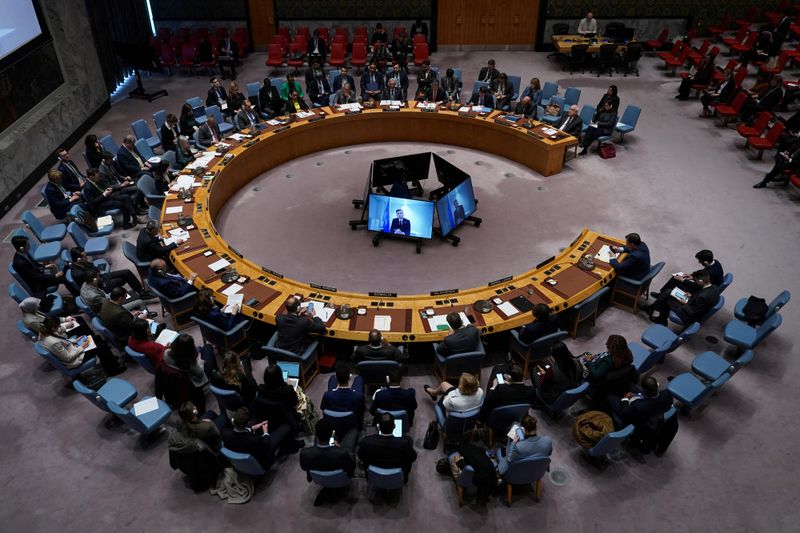Global Power Play: India and G4 Nations Reject Religious Quota in UN Security Council Reforms

India has firmly denounced recent efforts to inject religious and faith-based criteria into the framework of UN Security Council representation. In a strong diplomatic statement, Indian representatives emphasized that such proposals fundamentally contradict the established principles of regional representation.
The nation's stance underscores a critical point: diversity and representation in global governance should be rooted in geographical, geopolitical, and demographic considerations, not religious affiliations. By challenging these proposed new parameters, India is advocating for a more inclusive and equitable approach to international diplomatic structures.
This principled position reflects India's commitment to maintaining the integrity of multilateral institutions and preventing the introduction of divisive criteria that could potentially undermine the collaborative spirit of global diplomacy. The country's diplomatic corps has made it clear that any reforms to the UN Security Council must be based on objective, universally applicable principles that promote fair and balanced representation.
